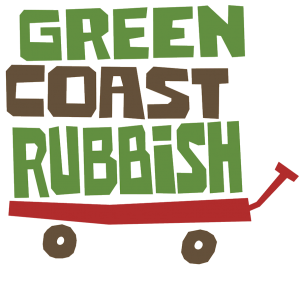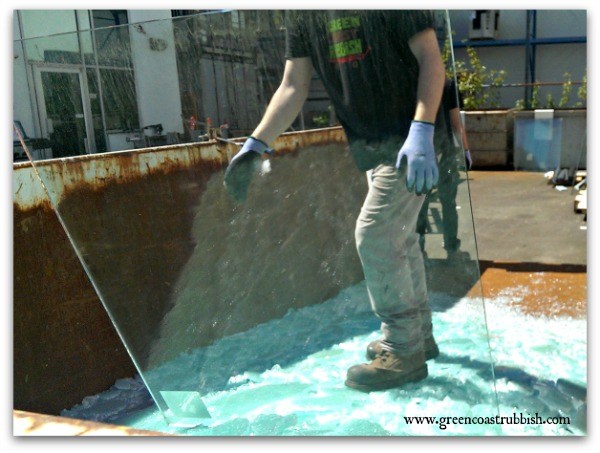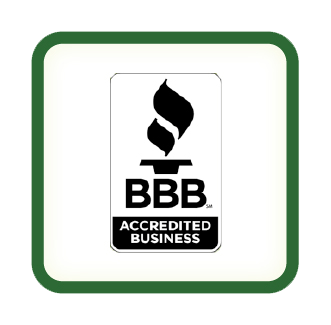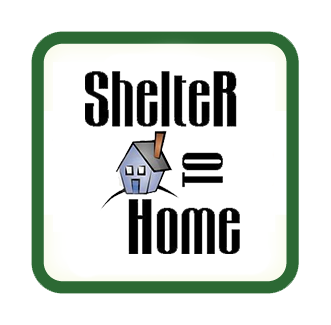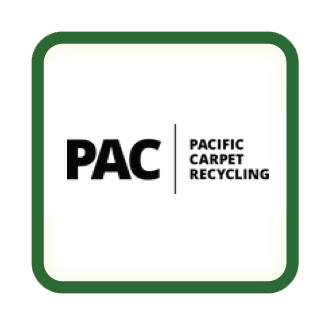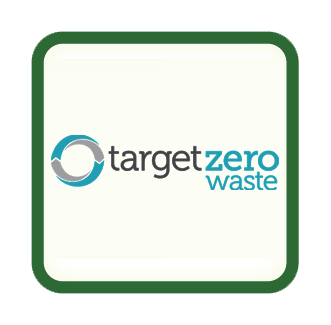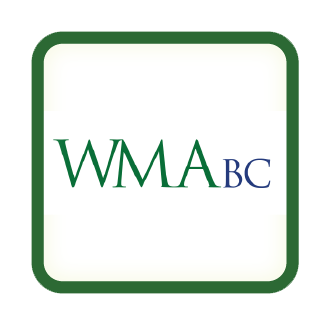Posts
Plastics: A Complex Issue
/in Plastic Recylcing, Recycling, Uncategorized/by Green Coast RubbishPlastics can be found in every aspect of our lives, and its widespread use has changed us as a society. On one hand, it has allowed many products to be manufactured more quickly and inexpensively; on the other, the environmental repercussions have been significant.
The amount of waste produced from plastics has created many complex issues, including negatively impacting the health of our oceans. Tidal currents cause discarded plastics to collect in many areas, where they are consumed by fish, mammals, and birds — trickling down into every part of the food chain (including humans). Between 60-80% of all debris found in the water are plastic — there’s a floating mass in the Pacific Ocean approximately the size of Texas. And because plastics are an extremely durable material, they can take decades to breakdown once they are disposed, meaning they just accumulate in our landfills. Since the 1950’s, over a billion tonnes of plastics have been thrown away. This number is almost incomprehensible to most of us.
Thankfully, things are slowly beginning to change. Advancements in plastics technology have made some forms of plastics biodegradable — allowing them to disintegrate when exposed to water, or sunlight. Recycling programs have expanded in many cities to include more options for processing.
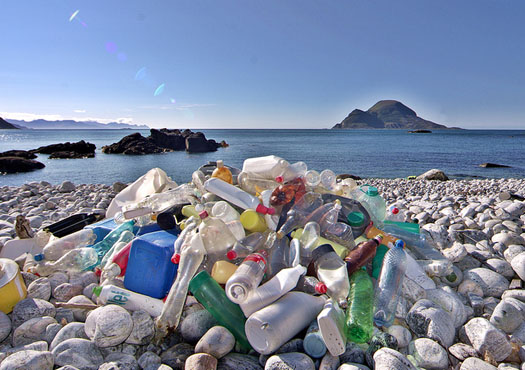
More recently, innovative businesses like The Plastic Bank have developed, placing more value on plastics — in turn encouraging the collection, recycling, and reuse of more of these materials in developing countries. All these steps begin to address the issues of how to deal with the overabundance of plastics in our country, and throughout the world.
At Green Coast Rubbish we work together with the North Shore Recycling Drop-off Depot for soft as well as numbered plastics, and for blended plastics and PVC piping we utilize Blue Planet Recycling Ltd. In 2013, we helped keep over 2 tonnes of plastics from our landfills and oceans. We were happy to see that Vancouver has recently changed its blue box program in May 2014 to include clamshell packaging (and more).
There are many kinds of plastics, and the rules of what can and can’t be recycled can get confusing. The David Suzuki Foundation has an excellent list which explains the differences, and various types.
Though recycling is an excellent way to help keep more plastic waste out of our landfills, ultimately, being mindful at the point of sale is important too. Plastic items will be stamped with a number on the bottom (designating how & if that material can be recycled). If there is no number present, there is a good chance that item will end up in a landfill. Being informed about your purchases before you buy is the best way to ensure you’re choosing items that are good for you, while still being good to our environment. Reduce when you can. Reuse what you’re able. Recycle when it’s done. Our environment will thank you for it!
